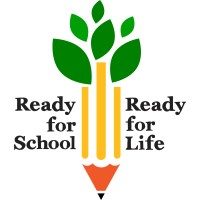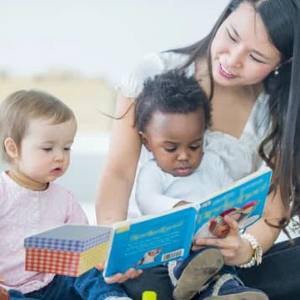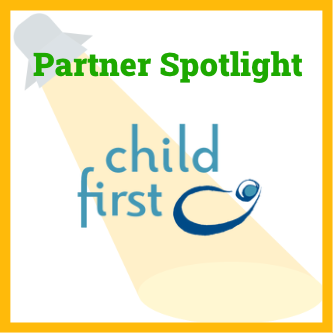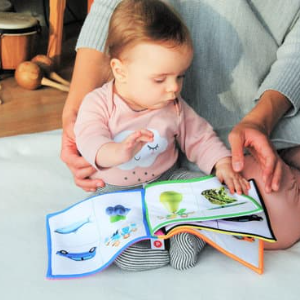Child First helps families build strong, nurturing relationships that heal and protect young children from the devastating impact of trauma and chronic stress. The program uses a two-generation approach, providing mental health services to parents and children through home visits and connecting them with resources, information, and support to make healthy child development possible.
“We use a team approach to help caregivers and their children ages 0-5. The caregiver isn’t always a biological parent, and sometimes it’s multiple caregivers,” said Anita Faulkner, LCMHCS and Family Solutions owner. “In many cases, there are kinship care placements. Many of the children we serve have parents who are incarcerated or may not be available due to substance abuse or other factors, and they have many different housing situations.”
Family Solutions is one of two host agencies in Guilford County for Child First. The other is Family Service of the Piedmont. Each agency has four teams of clinicians and a supervisor, so there are 18 new staff members focused on this issue, according to Faulkner. “Our teams have trained together since we began the program in June 2022. I think it’s an excellent example of community collaboration and how Ready for School, Ready for Life is bringing local organizations together to meet these gaps in services,” Faulkner said.
Science clearly shows that the early childhood years lay the foundation for later economic productivity, responsible citizenship, sound mental health, cognitive development, and physical health. According to the Child First website, high-risk environments of extreme poverty, maternal depression, domestic violence, substance abuse, homelessness, and other factors lead to toxic levels of stress that are harmful to young brains.
Because Child First focuses on two generations, the program begins with a series of assessments for the child and caregiver. “We help them understand their own trauma histories and their own stressors. It gives them insight into what they have been through and helps us set strategies to address behavior issues and deepen the relationships between a child and caregiver,” Faulkner said.
The program has two aims: to decrease the stress the family experiences by connecting them to the resources, support, and information they need and to provide parent-child psychotherapy to repair the impact of trauma on the child and strengthen the caregiving relationship.
“Because we are a home-visiting program, we realize it’s something big to let someone into your home and open up about issues your family faces,” Faulkner said. “We are helping families get to a place where they can make a positive change. Our resource partners help us with housing, furniture, food, clothing, and child care, for example. The resources are always changing, and we work together to ensure families have what they need.”




